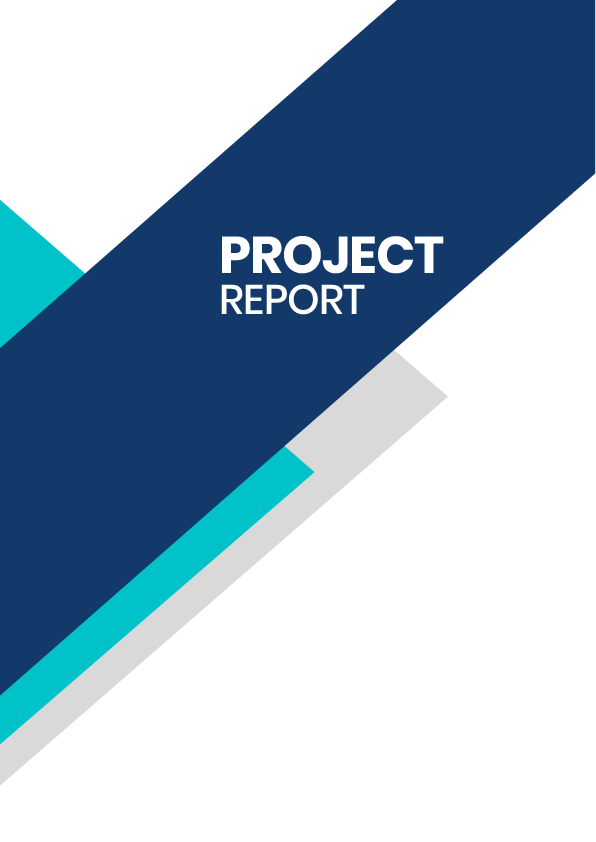Related Keywords
- Peltier Cooler
- Solid-State Cooler
- TEC Module
- Thermal Electric Chiller
- थर्मोइलेक्ट्रिक शीतलक
- पेलेटियर कूलर
Working Principle and Process of Thermoelectric Cooler
- Power Supply Installation: attaching the peltier device to a DC.
- Cooling and Heating: one side is cool and the other heats up.
- Installation of Heat Sinks: Assists in ensuring the same temperature.
- Air Circulation: The fans are needed to circulate the air inside the small electric cooler or appliance to guarantee even cooling.
Applications and Market Potential of Thermoelectric Cooler
- Electronics: Refraining CPUs, sensors and circuits.
- Medical Sector: samples and storage of vaccines.
- Carmobile market: Car fridges and dashboard air conditioners.
- Home Appliances: mini-fridges, small electric coolers and portable chillers.
- Do not need refrigerants and compressors.
- Provide maintenance and no noise operation.
- Have a lightweight, compact and highly reliable design.
Thermoelectric Cooler Project Report Requirements
- Raw materials and components (such as peltier modules, heat sinks and fans.
- Plant and machines requirements.
- These are power consumption and cost structure.
- Process of quality testing and packaging.
Why Choose Finline for Thermoelectric Cooler Project Report
Frequently Asked Questions
Get answers to common questions about Project report for thermoelectric cooler.

Need expert service?
Please send a WhatsApp message to us, and our team of experts will guide you in creating a project report for bank loan.
Create Your own project report in less than 10 mins.
- Unlimited edits
- Unlimited downloads
- Up to 10 years of projections
- 20+ pages

Frequently asked questions
Everything you need to know about the product and billing.
Finline is an online tool for creating a project report for bank loan online and see the report for free online. You only need to pay for downloading the report.
Can I change my plan later?
Yes , ofcourse you can upgrade from a lite plan to a pro at anytime.
Can I edit the report after download ? is it chargeable?
You can do unlimited edits even after download without any extra payment.
What is the ‘lite’ and ‘pro’ plan ? Is it subscription based plans?
Lite and Pro are just individual report download plans , not subscription plans.
Do I require a CA seal & Stamp for getting a loan?
Not at all, project report is a business plan about your business and it should be prepared by an entrepreneur . Nobody can predict and certify a business which is going to happen in the future.
Can I get any assistance from your team?
Yes of course, you can go to the help section in all pages were you can find chat button for seeking support.
Can I get a project report format for bank loan through Finline?
Yes! Finline provides a ready-to-use project report format for bank loan. You can create it online, see it for free, and download it instantly for your loan application. This makes your project report format for loan easy to complete in just a few steps.
Do you provide a project report format for bank loan in excel?
Yes. Finline offers a project report format for bank loan in excel that is easy to edit and customize. You can also download a project report format for loan in excel if you prefer working offline.